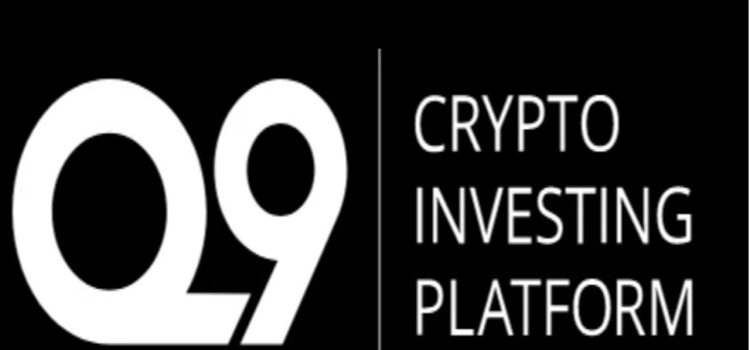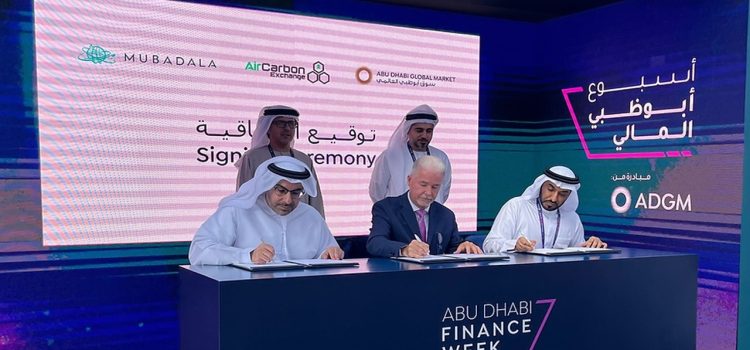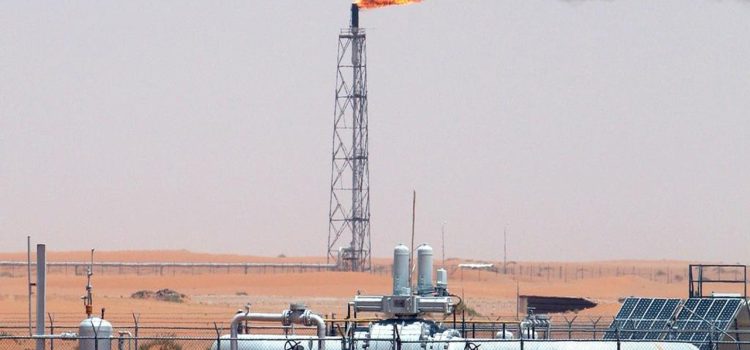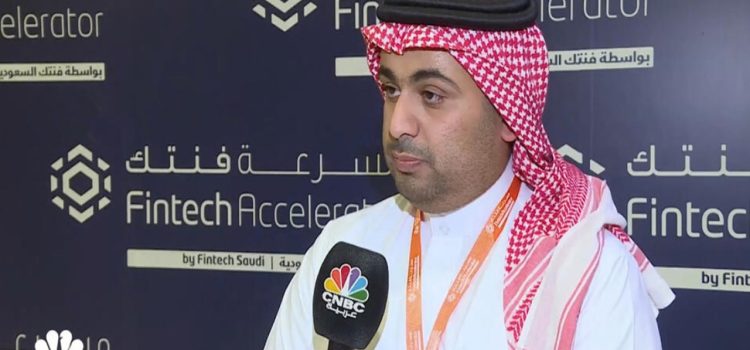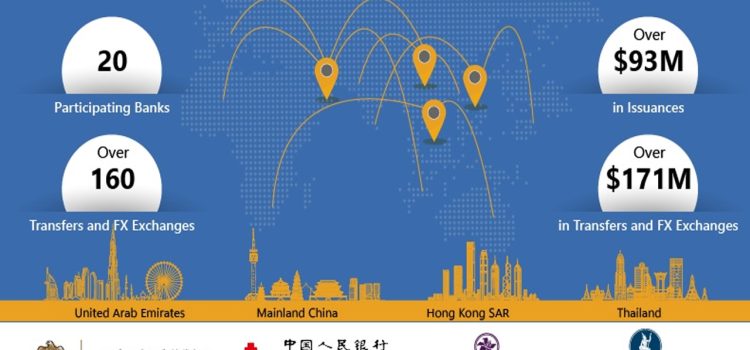VARA has made public all the entities that are currently licensed under its authority. The entities fall under various categories including crypto exchanges, DeFi custodians, DeFi asset managers, DeFi service providers, and DLT platforms.
As per VARA website in terms of native crypto exchanges, 13 crypto asset exchanges hold licenses. They include both international and regional players such as Binance, BitOasis, ByBit, CoinMENA, CoinMetro, Crypto.com, FTX (fully regulated with MVP license), GCEX Huobi, Midchains, Rain and OKx.
In terms of DeFi custodians, VARA has registered Hex Trust, Komainu, Monstera and ZampFi Labs . Hex Trust as one example is a fully-licensed and insured provider of bank-grade custody for digital assets. Through their proprietary platform Hex Safe™, they deliver custody, DeFi, brokerage, and financing solutions for financial institutions, digital asset organizations, corporate and private clients.
While ZampFi, is founded by: Amit Jain who was previously the Managing Director at Sequoia Capital. ZampFi is a digital banking entity.
VARA is also offering regulated licenses for DeFi asset managers. Names on the roster include Brevan Howard, Fintonia, Galaxy Digital, Nine Blocks and Noia Capital.
Bravan Howard asset management firm on Dubai VARA’s list has recently pulled off the largest crypto hedge fund launch as per the Block media. The firm’s flagship digital assets focused vehicle raised more than $1 billion from institutional investors, according to four sources with knowledge of the matter.
Brevan Howard Digital Asset Multi-Strategy Fund lost a scant 4% to 5% from inception through the end of June 2022, according to the source, even as the one-two punch of the implosion of Terra stablecoin UST and the insolvency of crypto lenders, such as Celsius and Voyager, locked price action and liquidity into respective death spirals. “Their returns, relative to the market, are unbelievable,” another source adds.
Their strategies, including quantitative trades and relative-value plays, are implemented by teams of portfolio managers structured in so-called “pods” that feature supporting analysts and engineers. The division, additionally, now has more than 20 external blockchain engineers working under full-time retainers.
The global-macro-focused Brevan runs about $23 billion overall across a wide range of asset classes.
Brevan Howard Digital Asset Multi-Strategy Fund remains open to external capital, pursuant to a minimum check of $5 million. Its limited partners include a number of the world’s largest and most sophisticated hedge fund investors, including entities that have historically exclusively backed traditional financiers.
As for Fintonia, its Group founder Adrian Chng stated, “Dubai is making significant strides towards establishing itself as a virtual assets hub and creating a conducive environment for the industry’s growth. The virtual asset licence marks an important milestone in our aspiration to have a presence in every region where there are inn
As for Fintonia, its Group founder Adrian Chng stated, “Dubai is making significant strides towards establishing itself as a virtual assets hub and creating a conducive environment for the industry’s growth. The virtual asset licence marks an important milestone in our aspiration to have a presence in every region where there are innovative Web3 and crypto companies, enabling us to connect and collaborate with members of the crypto native ecosystem and the traditional financial services industry.”
Recently added is Nine Blocks Capital Management which was launched by PwC’s former global crypto head Henri Arslanian. Nine Capital has launched a $75m crypto hedge fund focused on institutional investors with the aim of becoming the world’s leading institutional grade crypto asset management firm as per a statement from the fund on launch.
The new fund is backed by $75m from Hong Kong-based hedge fund Nine Masts Capital Management, with additional investments from other partners.
Noia Capital has also joined the roster and is a Luxembourg based actively managed alternative asset manager pursuing excellence in digital assets and blockchain technology investments. As per the website the company is registered with CSSF and FSMA.
In terms of DeFi service providers the list includes Amber Group, Equiti, ScallopX, and TPS Capital.
VARA has also offered licenses to DLT platforms that include names such as Calvin Cheng Web3.0 Holdings, Mcontent, Polygon, and Woonkly Labs.
Finally in terms of DeFi services VARA has the following registered entities, BRE Holdings, Eros Investments, Hike, and Prypto.
VARA has yet to license NFT marketplace entities, crypto mining entities, and security token platforms.









